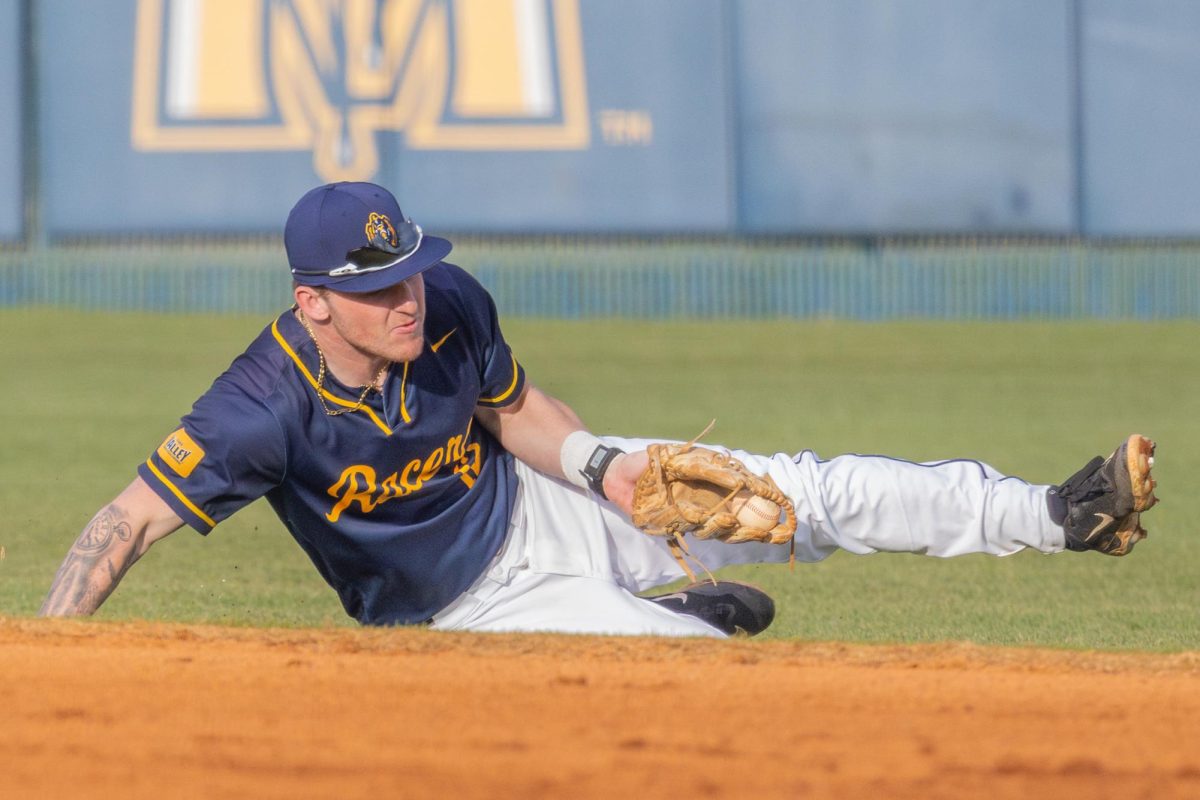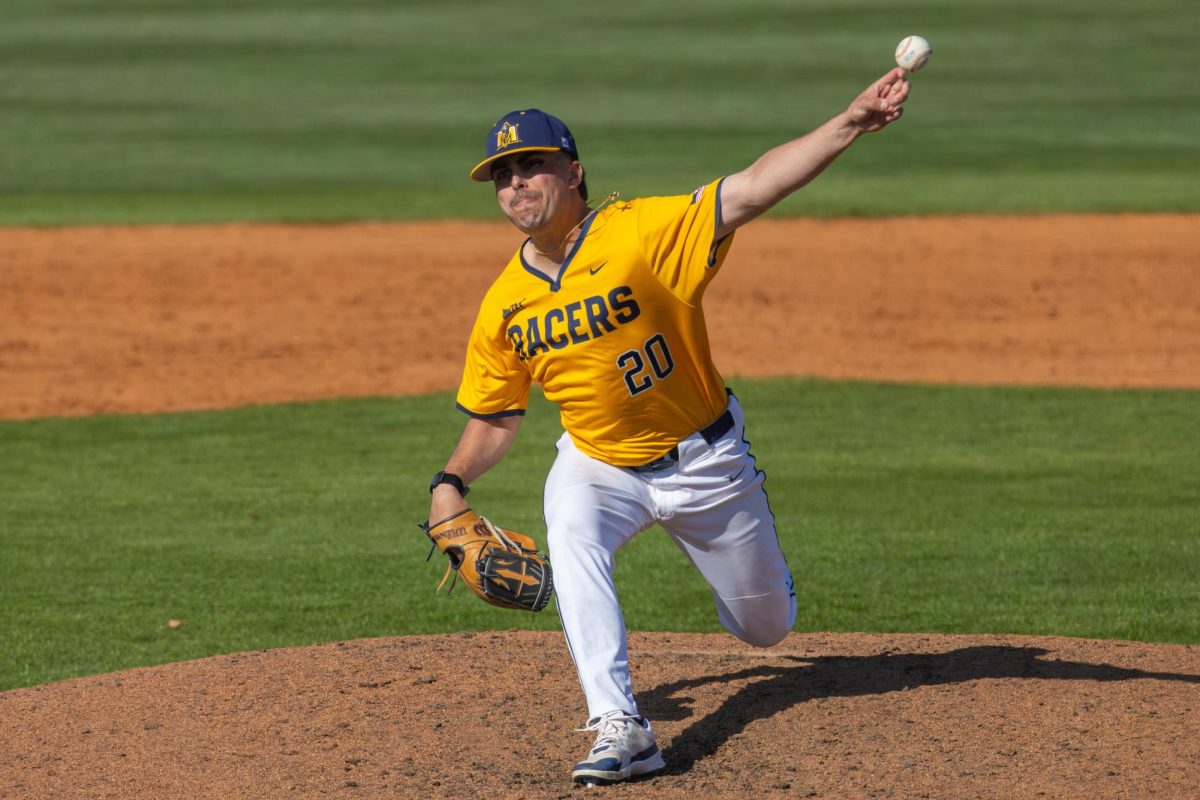The reason why Murray State cannot have its long-desired Veterinary School is because it is blocked by legislation—specifically KRS 164.295, where in 6(A) it says, “A comprehensive university shall not: offer … doctor’s degrees required for professional practice and licensure in medicine, veterinary medicine …”
But, as of Jan. 29, Murray State’s Student Government Organization (SGA) passed a joint resolution, coordinating in advocacy with Eastern and Western Kentucky University’s SGAs, to lobby amending KRS 164.295.
“Passing this resolution is a very big deal,” Vice President of Student Affairs Don Robertson said.
Amending the language of this document would allow Murray State’s development of a Veterinary School, Eastern Kentucky’s development of a School of Osteopathic Medicine and Western Kentucky’s establishment as a “R2” university obtaining a higher research status.
According to the resolution passed by SGA, this would benefit the state’s animal health and agricultural sector, mitigate the shortage of primary care physicians, improve healthcare access, foster innovation for research funding and contribute to the economic and educational advancement of Kentucky.
Upon passing the resolution, Murray State President Bob Jackson praised SGA for passing the resolution in support of the University’s goal.
“This joint resolution is significant and much appreciated as we work to advance this important initiative that will benefit future students while advancing the Commonwealth,” he said.
Jackson, Vice President of Public Affairs Jordan Smith, SGA President Brendan Hawkins and Government Relations Senate Chair Silas Jackson went to Frankfort, lobbying for the amending of KRS 164.295.
Hawkins said “lobbyists from every university in the commonwealth were present in Frankfort” while they were there. Murray State was the only institution that had student representatives present.
Despite the “extremely slow-moving” aspects of government and a current lack of progress, he believes the advocacy effort brought the University one step closer.
After speaking with legislators, state senators and representatives, both Democrats and Republicans, Hawkins said the response was overwhelmingly positive from the lawmakers he spoke with, leaving him “optimistic about the bill’s future.”
Hawkins and Silas Jackson have been responsible for advocating in person, engaging in social media campaigns and directly reaching out to legislators.
“I truly think legislators enjoyed being able to see the level of student engagement with this legislation firsthand,” Hawkins said. He also said a highlight of Frankfort was bragging about his fellow students.
“I spoke about the resolution of support that we passed unanimously through our Student Senate at our previous meeting, and legislators seemed genuinely impressed by the level of student engagement,” Hawkins said.
Silas Jackson said they found the “expressed interest” of lawmakers, prompting further conversations and earning potential co-sponsors and commitments for the amendment change.
“Many recognized the urgent need for veterinarians in Kentucky, particularly in rural areas, and agreed that keeping students in-state for their veterinary education would strengthen our agricultural and animal care industries,” Silas Jackson said.
He said Murray State officials will remain in Frankfort to continue lobbying so the issue “stays at the forefront.”
“Continued support from students, faculty, industry professionals and the general public will be crucial in demonstrating the broad impact of this legislative change,” Silas Jackson said.





























































































